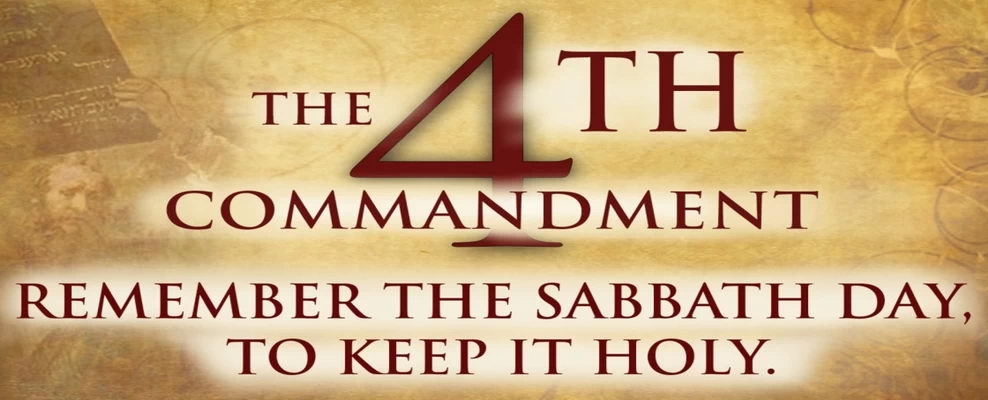Is the Sabbath a memorial of Creation or from Egypt?
This strange idea comes from the second reading of the law and is distorted to contradict many clear statements about the true origin of the Sabbath. Deuteronomy 5:14-15 reads, “the seventh day is the sabbath of the Lord thy God: in it thou shalt not do any work, thou, nor thy son, nor thy daughter, nor thy manservant, nor thy maidservant,… nor thy stranger that is within thy gates; that thy manservant and thy maidservant may rest as well as thou. And remember that thou wast a servant in the land of Egypt, and that the Lord thy God brought thee out thence through a mighty hand and by a stretched out arm: therefore the Lord thy God commanded thee to keep the sabbath day.”
Some draw from this text that God gave the Sabbath as a memorial of the Exodus from Egypt. But the Genesis story of the making of the Sabbath (Genesis 2:1-3) and the wording of the fourth Commandment by God Himself (Exodus 20:11) reveals the Sabbath as a memorial of creation. The key to understanding these two verses rests in the word servant. God said, “Remember that thou wast a servant in the land of Egypt.” And in the sentence before this one He reminds them “that thy manservant and thy maidservant may rest as well as thou.” In other words, their experience in Egypt as servants would remind them to deal justly with their servants by giving them a Sabbath rest also.
In similar vein God had commanded, “And if a stranger sojourn with thee in your land, ye shall not vex him ... for ye were strangers in the land of Egypt” Leviticus 19:33-34. It was not unusual for God to hark back to the Egyptian deliverance as an incentive to obey other commandments. In Deuteronomy 24:17-18, God said, “Thou shalt not pervert the judgment of the stranger, nor of the fatherless; nor take a widow’s raiment to pledge. ... Thou wast a bondman in Egypt, and the Lord thy God redeemed thee thence: therefore I command thee to do this thing.”
Neither the command to be just nor to keep the Sabbath was given to memorialise the Exodus, but God told them that His goodness in bringing them out of captivity constituted a strong additional reason for their dealing kindly with their servants on the Sabbath and treating justly the strangers and widows. In the same way, God spoke to them in Leviticus 11:45, “For I am the Lord that bringeth you up out of the land of Egypt...ye shall therefore be holy.” Surely no one would insist that holiness did not exist before the Exodus, or that it would be afterwards limited only to the Jews, to memorialise their deliverance. There is however one thing the Sabbath is a memorial of which is creation.
A year comes from the time it takes for the Earth to fully orbit the sun and a month is the time it takes for the Moon to orbit the Earth and a day of course, is the time it takes for the Earth to do one full rotation. But what astronomical reason do we have for our week? There is none. Our week comes from the time it took God to complete creation. So, if God finished creation in six days, why does the whole world have a seven-day week? The now obvious reason is because God rested on the seventh day and made it a memorial day for completion of creation. Remember also that the word translated “rest” in our English Bibles in Genesis 2:3 is actually “Sabbath” in the Hebrew. This extra day of the week existed before sin and is for all people to rest on and remember that God created us and all things and has the power to do it again. It is not just the Jews that have a seven-day week. The whole world does! See also the “Sabbath from creation to eternity.”
